Insects: Little Body, Big ImpactNobel Conference 59 | October 03 – 04, 2023
While the Bible declares that “the meek shall inherit the earth,” entomologist Thomas Eisner wryly observes “insects are not going to inherit the earth. They own it now. So we might as well make peace with the landlord.” Humans’ lives are inextricably connected with insects’, in ways that benefit and harm us and them. Insects have their own lives that have nothing to do with us, but have much to teach us. If we observe, contemplate, and recreate facets of insects’ ways in the world, we may find the inspiration to address, constructively and creatively, challenges ranging from “how do we feed a hungry world?” to “how do we respond to climate change?” to “"how does social isolation cause harm?”
Conference presenters will address the disproportionate effects insects have on humans and the earth. From the caterpillar that eats our crops before metamorphosing into a stunning moth, to the mosquito that elegantly sips our blood (in exchange for a proboscis full of virus particles or parasites), to the socially-connected bee that pollinates flowering plants, to the humble, but mighty fruit fly that continues to teach us how our bodies function, these tiny creatures fascinate, confound, and inspire us. “Little Body/Big Impact” invites us to learn about, wonder at, and celebrate these little creatures that run the world.
Support the Conference Download the PosterDownload the Program
Science and Ethics, in Dialogue
Since 1965, the Nobel Conference has been bringing leading researchers and thinkers to Gustavus, to explore revolutionary, transformative and pressing scientific issues and the ethical questions that arise alongside them. As the only event in the United States authorized by the Nobel Foundation in Stockholm, Sweden to use this name, it is our privilege to host a space in which we can talk about big scientific questions, and the big ethical issues to which they inevitably give rise. The world needs more people who think critically about the crucial issues of our time, and who ask questions in ways that open up the conversation.
I have discovered here in this little corner of Minnesota a place of great intellectual curiosity reaching into the future.
Conference Presenters
Full Schedule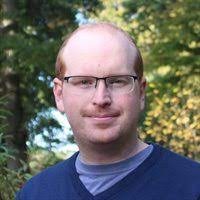
Jonathan Birch
Professor of Philosophy, London School of Economics and Political Science
The Minds of Insects and Why They Matter

Segenet Kelemu
Director, International Centre of Insect Physiology and Ecology (ICIPE), Nairobi, Kenya
Innovations in Insect Science
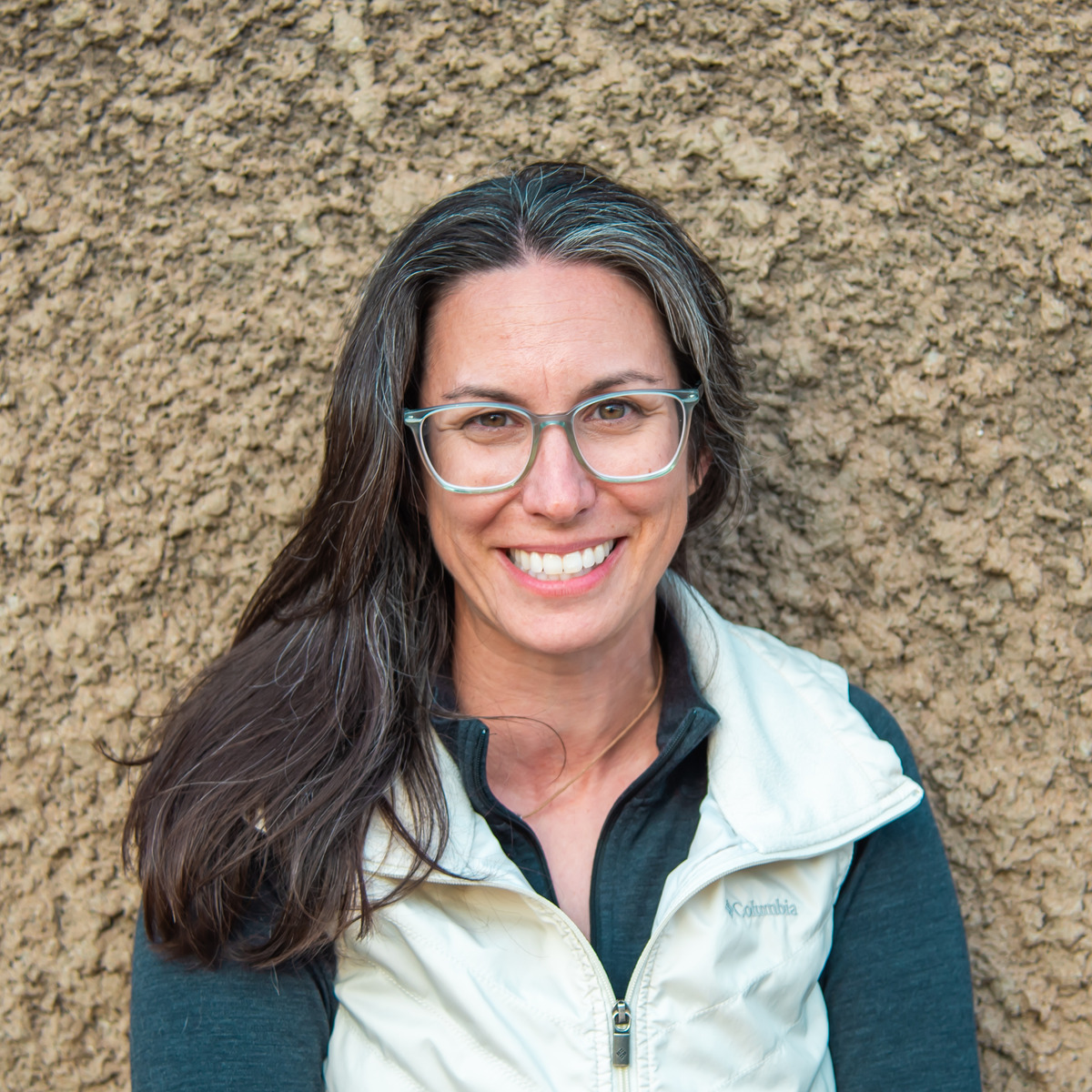
Julie Lesnik
Associate Professor of Anthropology, Wayne State University
Latitude and attitude: Environmental and cultural impacts on the perception of insects as food
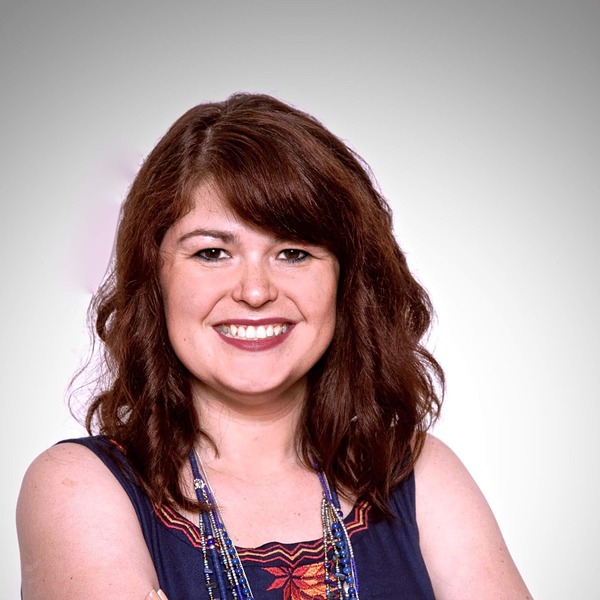
Shannon Olsson
Global Director, the echo network; Special Scientific Envoy to India, Danish Academy of Technical Sciences
Fly psychology 101

Anne Sverdrup-Thygeson
Professor of Conservation Biology, Norwegian University of Life Sciences, and Scientific Advisor, Norwegian Institute for Nature Research (NINA)
Why We Should Love Insects
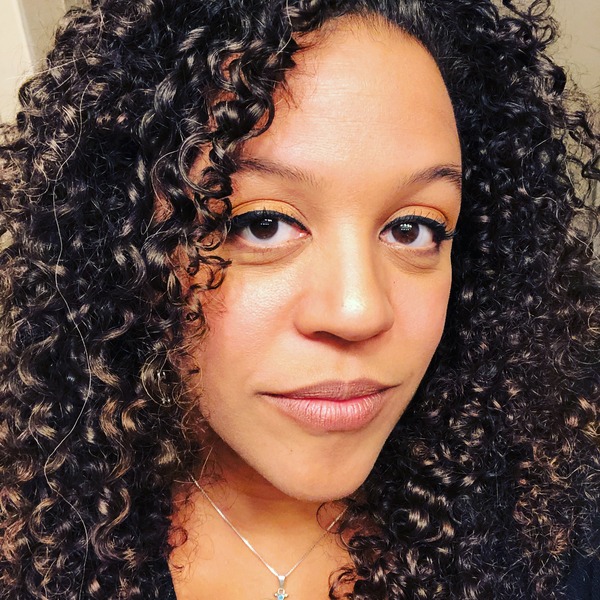
Jessica Ware
Associate Curator of Invertebrate Zoology, American Museum of Natural History
(Bio)Diversity
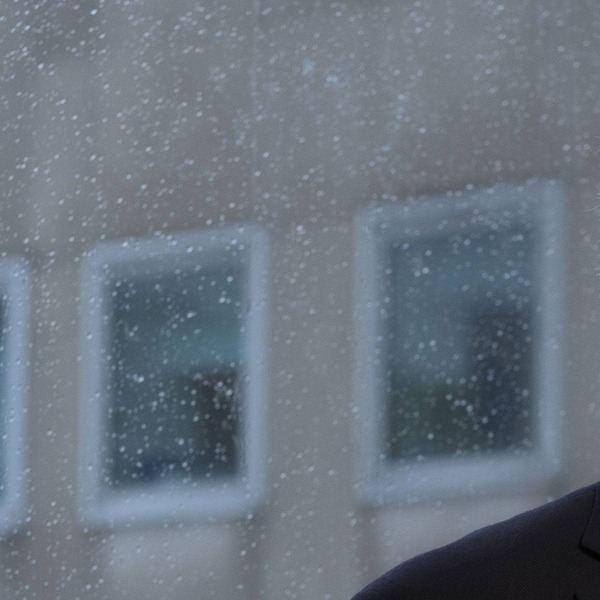
Michael Young
Richard and Jeanne Fisher Professor, Rockefeller University; Nobel Prize in Physiology or Medicine, 2017
What happens to a lonely fly
Science and Ethics through the Arts
As a liberal arts college, Gustavus is committed to addressing questions using the full range of human inquiry activities. Each year, the Nobel Conference theme is interpreted through events including an art exhibit, a concert, and dance. The arts explore, inquire and teach about ideas in ways that lectures often cannot. Music, dance, and visual arts invite us to pause, reflect and learn, and to do so with all of our senses.
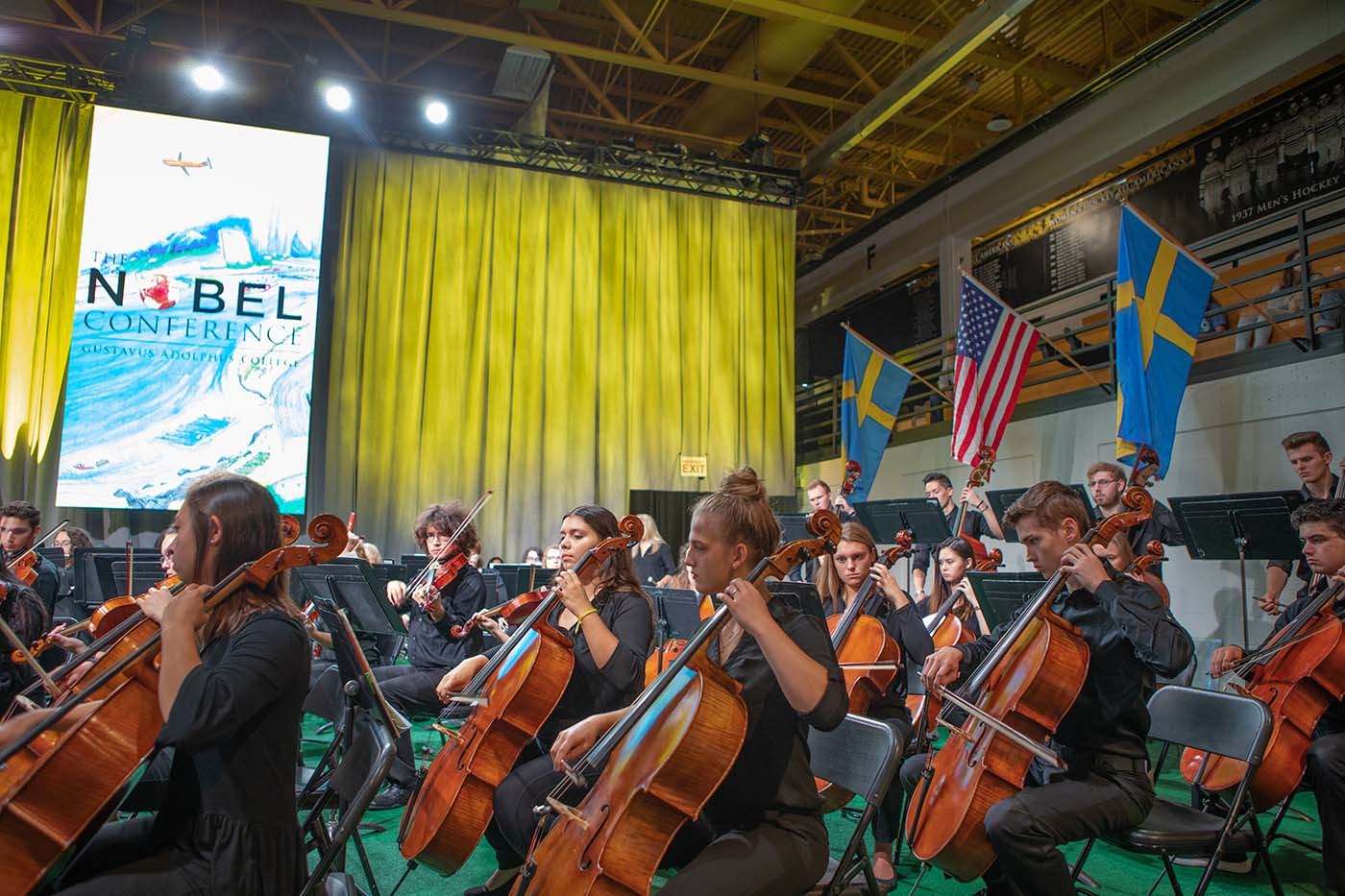
Learn
Dive in to Conference Topics
These resources will help you begin learning about the topic. You’ll find a carefully-selected collection of articles, videos and other materials, chosen for their suitability for a lay audience. Organized topically, the list has been developed in consultation with the conference presenters, who recommended selections from their own work and pieces by others to help you explore more about the conference topic.
Educators, looking for classroom resources and activities? Checkout our curated list to get you started.
ScienceWhys Podcast
When big scientific questions meet big ethical questions, the waters can get pretty choppy. Lisa Heldke, philosopher and director of the Nobel Conference at Gustavus Adolphus College, interviews scientists, researchers, scholars and thinkers about how science and ethics mingle, eddy, roil and churn in their own work. The podcast for anyone who hears about a scientific breakthrough and thinks “what are the downstream consequences of that?”

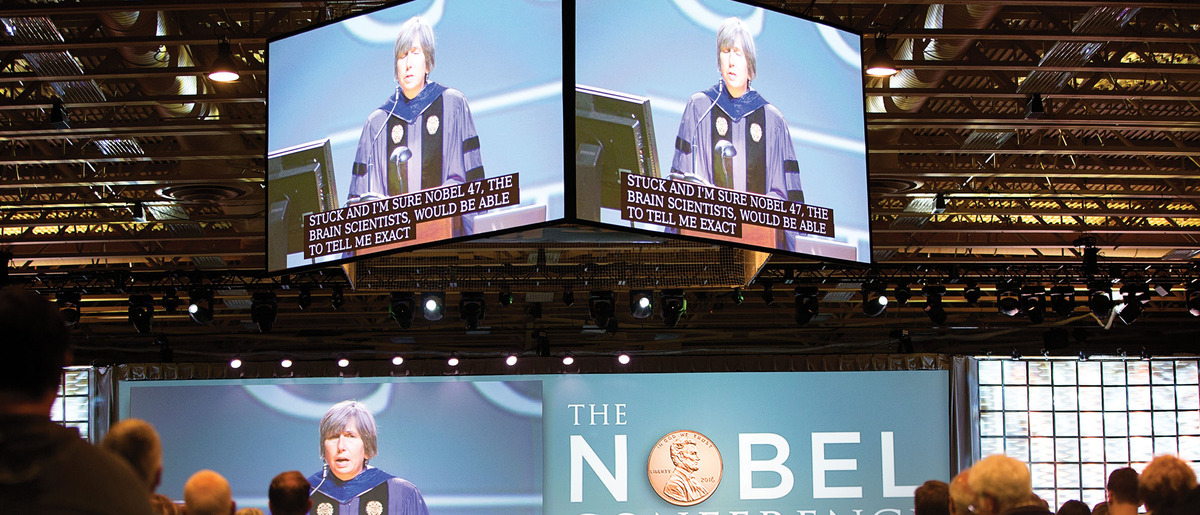
Gathering people together for deeply informed, carefully reasoned, respectful and thrilling conversations about critical issues is a gift of hope and civility to a bewildered, battered world. The Nobel Conference does this with expertise and grace.
— Dr. Kathleen Dean Moore, author of
Moral Ground and Great Tide Rising
Like our content? Share it with your friends.

Stay Involved in the Conversation
Follow the Nobel Conference on social media to keep up to date on news related to current and past conference themes.